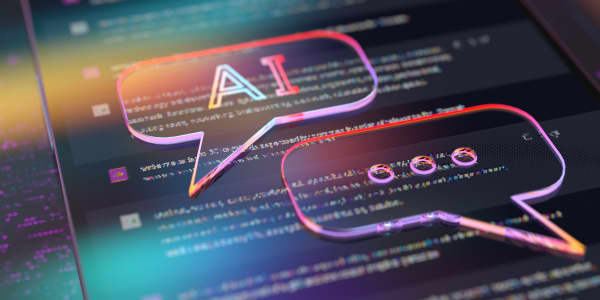The iPod, Facebook, "smart" televisions: the 21st century has seen a host of innovations that have transformed the way we live.
The rise of the so called internet of things, or IoT, is another technological development that is starting to become an increasingly common presence in our day-to-day lives.
Here, CNBC takes a look at the internet of things: what it actually means, how it is changing our homes, and its potential in the years ahead.
Breaking it down
The European Commission describes the internet of things as merging "physical and virtual worlds, creating smart environments."
In the business world, chip-making giant Intel refers to the internet of things as being a "robust network of devices" that are embedded with electronics, software and sensors. These allow the devices to both exchange and analyze data.
Breaking it down a bit further, think of devices that are connected to the internet and able to "talk" to one another. One example would be a thermostat in your home that you are able to control with your smartphone from your office. Another would be a wearable device that can monitor your physical performance during a run and store it online for analysis.
There's also industrial internet of things (IIoT), which broadly refers to manufacturers and businesses that use the internet of things to boost productivity.
Building it up
Economically, the internet of things could have a significant impact in the years ahead.
According to analysis from the McKinsey Global Institute, the potential economic impact of the IoT in 2025, including consumer surplus, could be anything between $3.9 and $11.1 trillion.
Elsewhere, Accenture has estimated that the industrial internet of things could add $14.2 trillion to the global economy by the year 2030.
Too much information?
There are concerns that connected devices could be vulnerable to hackers.
In 2016, internet of things security business ForeScout Technologies released a report in which it looked at seven common internet of things devices, including smart fridges, connected printers and IP-connected security systems.
Alarmingly, ForeScout said that the devices could be "hacked in as little as three minutes, but can take days or weeks to remediate." ForeScout said that internet of things hacks could result in the microphones and cameras of devices being hijacked to spy on their users as well as the destruction of critical equipment.
Only last week, researchers from Belgian university KU Leuven said that a security flaw in protected Wi-Fi networks could be exploited, allowing hackers to steal sensitive information including credit card numbers and passwords.
In L.P. Hartley's 1953 novel The Go Between we're told that: "The past is a foreign country: they do things differently there." As technology drives change and transforms our lives in ways we can sometimes barely comprehend, the future may as well be another planet.




